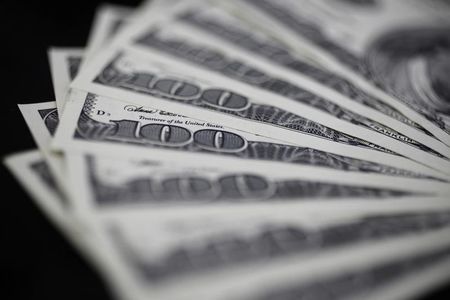
BCA Research provided insights into the anticipated monetary policy actions by central banks in China and the United States. The research firm expects Chinese authorities to lower interest rates on existing mortgage loans, while the Federal Reserve is predicted to begin its monetary easing cycle.
According to BCA Research, a potential 100-basis-point cut in Chinese mortgage rates could save homeowners in China approximately RMB 300 billion ($44.7 billion) annually on interest payments.
Despite these potential savings, BCA Research suggests that the impact on China’s broader economy would be limited. The firm points out that subdued consumption is likely to persist due to factors such as weak labor market prospects, slower income growth, and household reluctance to take on new debt.
BCA Research also commented on the recent appreciation of the Chinese yuan (RMB), deeming it unsustainable over the next six months. The firm believes that even with the Federal Reserve’s easing, the U.S. economy is not likely to be steered away from a recession. In this context, BCA Research views the U.S. dollar as a counter-cyclical currency that is expected to rebound.
Looking ahead, BCA Research anticipates that a U.S. recession could evolve into a global trade contraction by early 2025. The firm points to China’s economic vulnerability to such a downturn, which could negatively affect the value of the RMB.
Moreover, BCA Research forecasts that China will continue to experience disinflationary or deflationary pressures, necessitating the central bank to keep policy rates low. This environment of low interest rates coupled with modest growth is anticipated to restrain any significant appreciation of the Chinese yuan against the U.S. dollar.
This article was generated with the support of AI and reviewed by an editor. For more information see our T&C.
This post is originally published on INVESTING.




